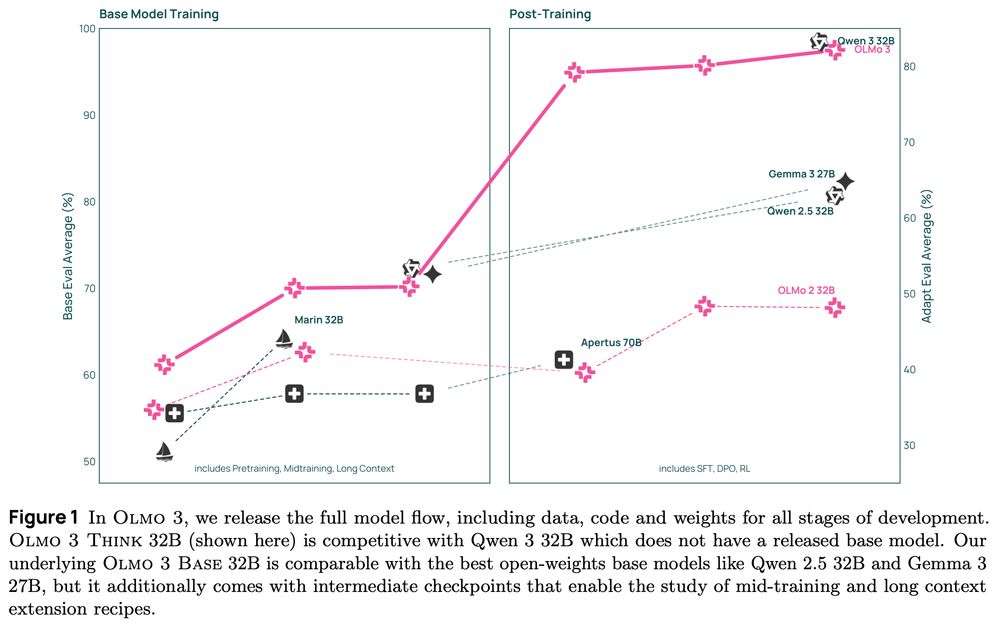
www.cics.umass.edu/about/employ...
I’m happy to answer questions of course, too!
www.cics.umass.edu/about/employ...
I’m happy to answer questions of course, too!
Many EpiDoc projects listed at: wiki.digitalclassicist.org/Category:Epi... . At least some I haven't thought of will have downloadable XML.
Many EpiDoc projects listed at: wiki.digitalclassicist.org/Category:Epi... . At least some I haven't thought of will have downloadable XML.

👉 Une séance de séminaire dédiée aux enjeux de la transmission textuelle dans le cadre du projet ERC LostMA avec @jbcamps.bsky.social
Rendez-vous demain à partir de 14h
Inscription 🔽

👉 Une séance de séminaire dédiée aux enjeux de la transmission textuelle dans le cadre du projet ERC LostMA avec @jbcamps.bsky.social
Rendez-vous demain à partir de 14h
Inscription 🔽
@msftresearch.bsky.social in NYC!!! 🎉
Internship w/ FATE: apply.careers.microsoft.com/careers/job?...
Internship w/ STAC on AI evaluation and measurement: apply.careers.microsoft.com/careers/job?...
Postdoc w/ FATE: apply.careers.microsoft.com/careers/job?...
FATE postdocs: apply.careers.microsoft.com/careers/job?...
And internships with our close collaborators at STAC: apply.careers.microsoft.com/careers/job?...
@msftresearch.bsky.social in NYC!!! 🎉
Internship w/ FATE: apply.careers.microsoft.com/careers/job?...
Internship w/ STAC on AI evaluation and measurement: apply.careers.microsoft.com/careers/job?...
Postdoc w/ FATE: apply.careers.microsoft.com/careers/job?...
Very excited to see SAM3 massively lower that barrier. Describe the class you want to detect and get annotated datasets automatically!
Try it yourself: huggingface.co/datasets/uv-...!


Very excited to see SAM3 massively lower that barrier. Describe the class you want to detect and get annotated datasets automatically!
Try it yourself: huggingface.co/datasets/uv-...!
Apply by *December 15* for full consideration.
Apply by *December 15* for full consideration.
This family of 7B and 32B models represents:
1. The best 32B base model.
2. The best 7B Western thinking & instruct models.
3. The first 32B (or larger) fully open reasoning model.



This family of 7B and 32B models represents:
1. The best 32B base model.
2. The best 7B Western thinking & instruct models.
3. The first 32B (or larger) fully open reasoning model.
97 papers, ~1600 pages of computational humanities 🔥 Now published via the new Anthology of Computers and the Humanities, with DOIs for every paper.
🔗 anthology.ach.org/volumes/vol0...
And don’t forget: registration closes tomorrow (20 Nov)!

97 papers, ~1600 pages of computational humanities 🔥 Now published via the new Anthology of Computers and the Humanities, with DOIs for every paper.
🔗 anthology.ach.org/volumes/vol0...
And don’t forget: registration closes tomorrow (20 Nov)!

Website: www.govscape.net
ArXiv link: arxiv.org/abs/2511.11010
Website: www.govscape.net
ArXiv link: arxiv.org/abs/2511.11010
Click "View witness in context" to see a given reprint on the newspaper page, alongside other reprints on that page—click a cluster ID here to see its other reprints


Click "View witness in context" to see a given reprint on the newspaper page, alongside other reprints on that page—click a cluster ID here to see its other reprints

📄 arxiv.org/abs/2511.09709

📄 arxiv.org/abs/2511.09709
w/ @diyclassics.bsky.social @brenocon.bsky.social

w/ @diyclassics.bsky.social @brenocon.bsky.social

